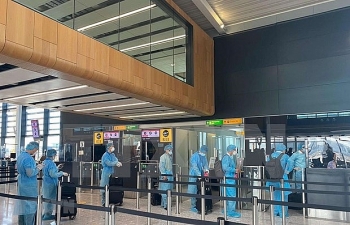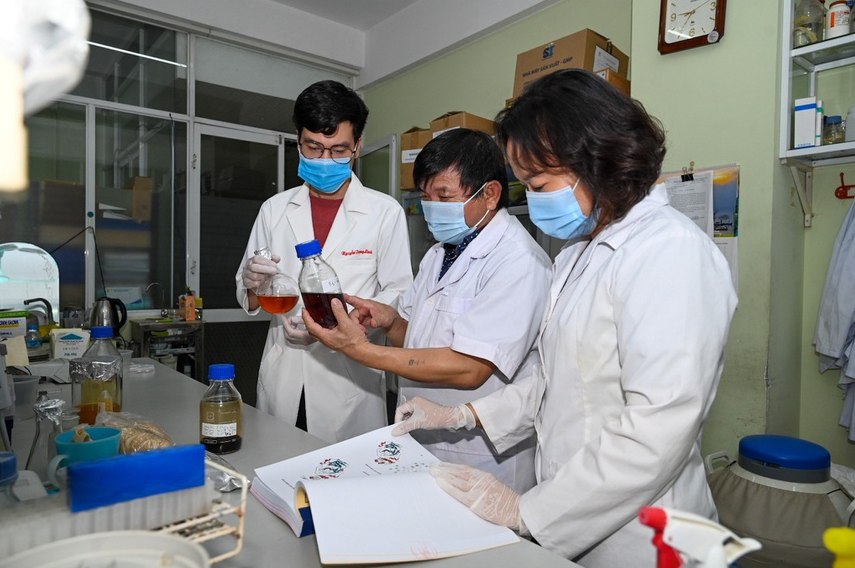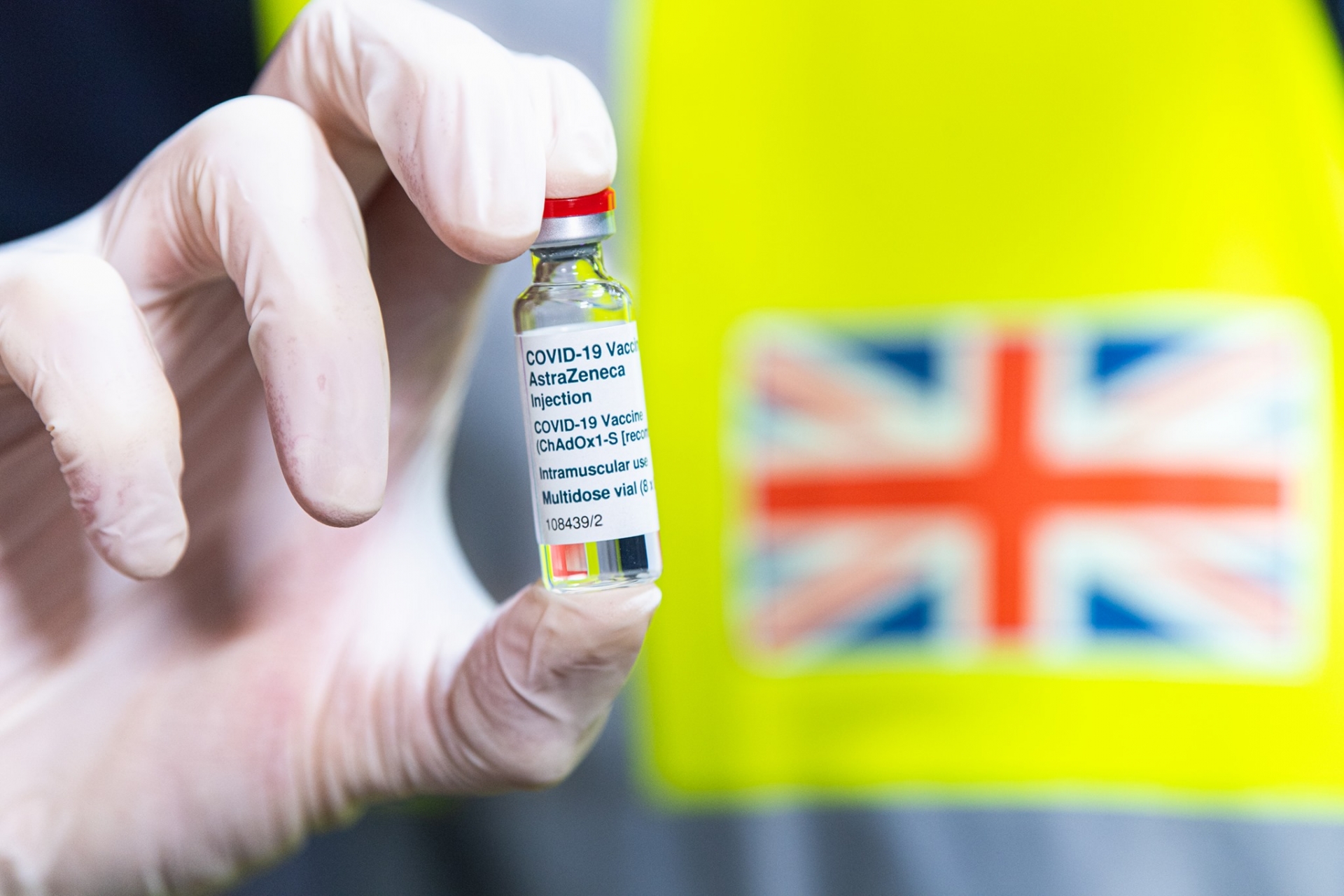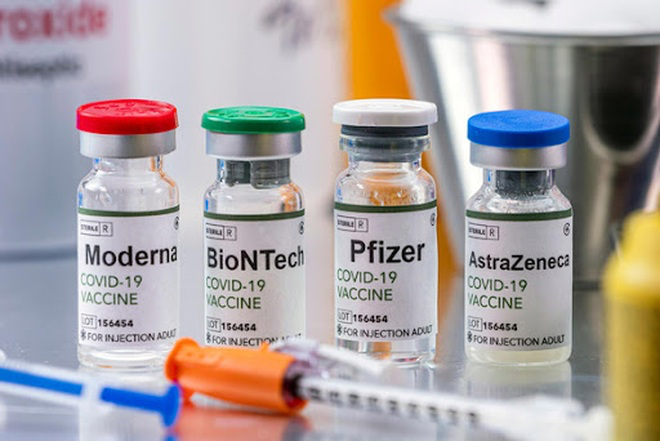Latest COVID-19 Vaccine: Oxford-AstraZeneca study shows positive immune action
A potential coronavirus vaccine developed by Oxford University with pharmaceutical giant AstraZeneca has produced a promising immune response in a large, early-stage human trial, according to newly released data published Monday in the medical journal The Lancet, reported CNBC.
The Covid-19 vaccine increased levels of both protective neutralizing antibodies and immune T-cells that target the virus, according to the study organizers. The results were published Monday in The Lancet medical journal.
According to Bloomberg, AstraZeneca shares rose as much as 10% in London but gave up some of those gains to trade 2.8% higher as researchers cautioned that the results were preliminary. A positive outcome had been widely expected after reports last week lifted the stock, with the vaccine already in more advanced trials.
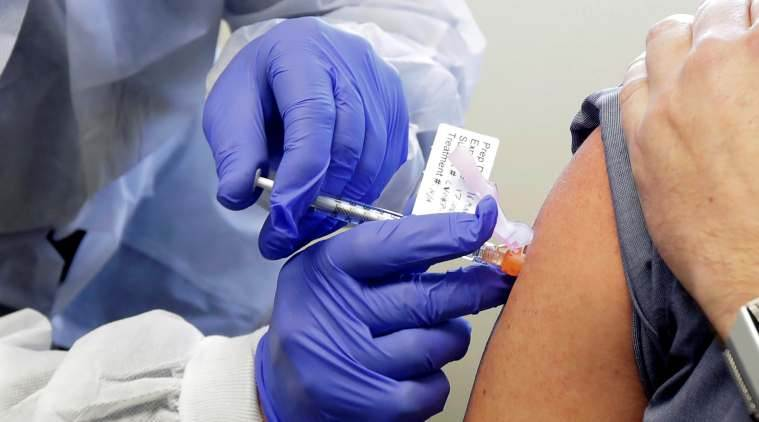 |
| Oxford University tested new positive vaccine for COVID-19 |
The experimental vaccine is called ChAdOx1 nCoV-19 (AZD1222) which combines genetic material from the coronavirus with a modified adenovirus known to cause infections in chimpanzees. There were more than 1,000 participants in people ages 18 to 55 in phase one trial.
According to BBC, the vaccine has been heavily modified, first so it cannot cause infections in people and also to make it "look" more like coronavirus. Scientists did this by transferring the genetic instructions for the coronavirus's "spike protein" - the crucial tool it uses to invade our cells - to the vaccine they were developing. This means the vaccine resembles the coronavirus and the immune system can learn how to attack it.
The UK has already ordered 100 million doses of the vaccine.
Mark the milestones
Although stimulating production of neutralizing antibodies doesn’t prove a vaccine will be effective, it’s considered an important early step in testing. Results from testing in animals had already shown the Oxford-AstraZeneca shot provoked an immune response, according to Bloomberg.
"The immune system has two ways of finding and attacking pathogens — antibody and T cell responses," Oxford professor Andrew Pollard said in a release. "This vaccine is intended to induce both, so it can attack the virus when it's circulating in the body, as well as attacking infected cells. We hope this means the immune system will remember the virus, so that our vaccine will protect people for an extended period."
“It gives higher titres of antibodies, which is important going forward," he added.
Mentioning the safety of the vaccine, there were no dangerous side-effects from taking the vaccine, however, 70% of people on the trial developed either fever or headache, reported BBC. The researchers say this could be managed with paracetamol.
Prof Sarah Gilbert, from the University of Oxford, UK, says: "There is still much work to be done before we can confirm if our vaccine will help manage the Covid-19 pandemic, but these early results hold promise."
The potential vaccine is one of at least 100 being developed across the world for Covid-19, which has infected more than 14 million people worldwide and killed at least 606,206, according to data compiled by Johns Hopkins University. At least 23 of the vaccine candidates are already in human trials, according to the World Health Organization.
The success of the first phase highlighted the promising achievement for the next steps. According to BBC, more than 10,000 people will take part in the next stage of the trials in the UK. However, the trial has also been expanded to other countries because levels of coronavirus are low in the UK, making it hard to know if the vaccine is effective.
There will be a large trial involving 30,000 people in the US as well 2,000 in South Africa and 5,000 in Brazil.
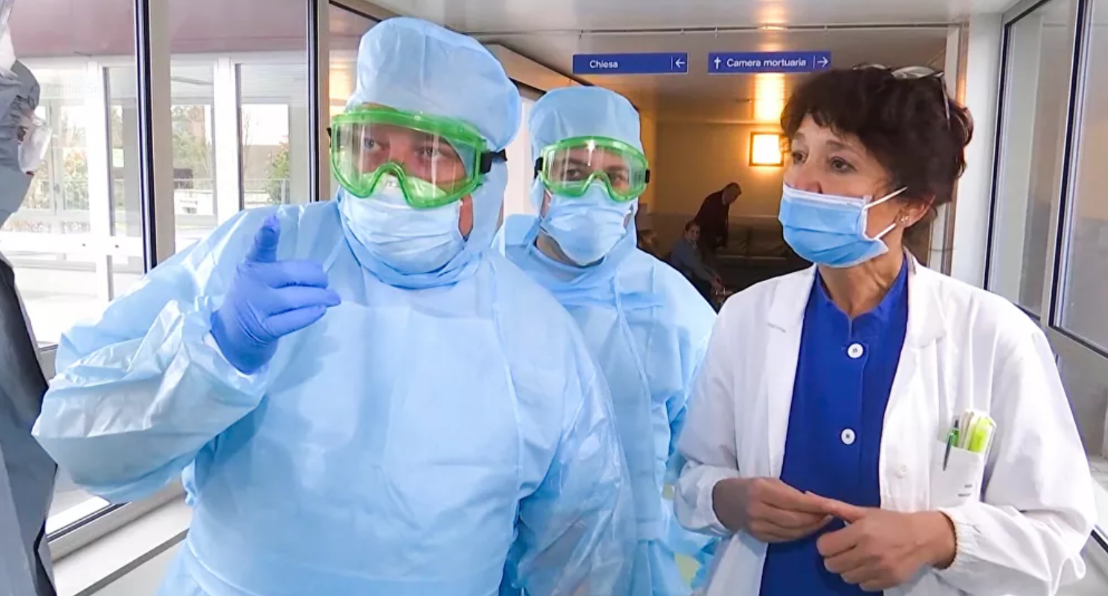 | COVID-19 Updates (July 20): Russia might register coronavirus vaccine by end of summer Now the development of the vaccine is at the stage of preclinical trials, they might last another month |
 | North Korea claims of developing coronavirus vaccine North Korean-based Pyongyang's science research council said Saturday (July 18) that its scientists are currently conducting clinical trials to develop a vaccine for COVID-19. |
 | COVID-19 Latest News (July 16): Russia claims success of trial for coronavirus vaccine The clinical trial of Russia’s first coronavirus vaccine on volunteers has been completed successfully, according to the Sechenov First Moscow State Medical University. |
In topics
Recommended
 World
World
Pakistan NCRC report explores emerging child rights issues
 World
World
"India has right to defend herself against terror," says German Foreign Minister, endorses Op Sindoor
 World
World
‘We stand with India’: Japan, UAE back New Delhi over its global outreach against terror
 World
World
'Action Was Entirely Justifiable': Former US NSA John Bolton Backs India's Right After Pahalgam Attack
Popular article
 World
World
US, China Conclude Trade Talks with Positive Outcome
 World
World
Nifty, Sensex jumped more than 2% in opening as India-Pakistan tensions ease
 World
World
Easing of US-China Tariffs: Markets React Positively, Experts Remain Cautious
 World
World


